Middle East: 10 Things to Know About Visiting the Gulf
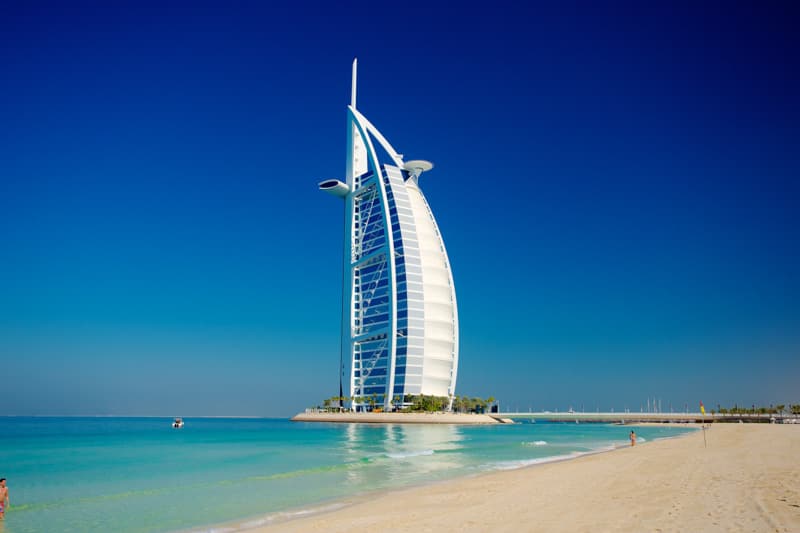
Until quite recently, the Gulf was a considered a tourism backwater. Dubai may have provided some gleaming respite from the desert sun, but its excess wasn’t for everyone. While neighbouring countries such as Qatar and Bahrain had plenty of cultural cache, they weren’t exactly holiday destinations.
But that’s all starting to change and the opening of Qatar’s new international airport in 2014 was a milestone in the Gulf’s transformation. Wealthy regional governments are investing heavily in a range of infrastructure, education and tourism projects and the international hotel chains aren’t far behind.
Before you plan your itinerary and pack your bags, it’s worth noting they do things a little differently in the Gulf. Here are some essential travel tips for visiting the Middle East.
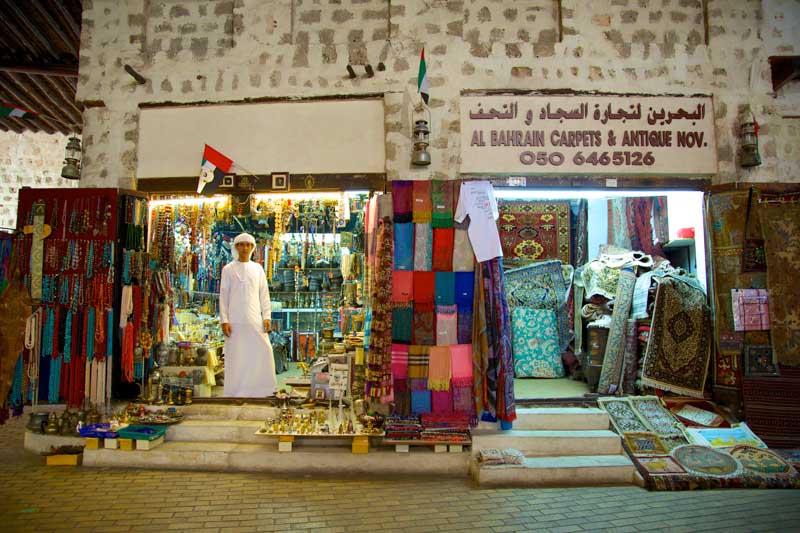
1. Dress Codes Exist
Locals in the Gulf usually wear traditional Bedouin clothing when out in public. This means a thobe for men and an abaya for women. No one expects foreigners or tourists to wear these, but they do expect a little modesty. Women should keep their shoulders covered and ensure skirts reach their knees. Guys should avoid tank tops and the like. That being said, international hotels are considered ‘neutral zones’ and you’ll see plenty of bikinis by the pool.
2. Cars Rule the Streets
Due to the climate, the Gulf has never embraced public transport and cars are an essential part of daily life (the unofficial mascot for the region may as well be the Toyota LandCruiser). If you want to get around to any of the malls, hotels or tourists destinations, you’ll need to organise a private driver, hire a car or grab a cab. The good news is all three options are readily available and surprisingly cheap.
3. The Buildings are Statements
If you’re going to build a country and you’re impossibly rich from oil money, you can afford to spend a little extra. In the Gulf that’s meant some friendly rivalry between Doha, Abu Dhabi, and Dubai, with each trying to outdo the other. Huge man-made islands, such as the Palm islands (Dubai) and the Pearl-Qatar (Doha) are just one example of this. But the winner is obviously the Burj Khalifain Dubai, which is the world’s tallest building. It has to be seen up close to appreciate just how tall it really is.
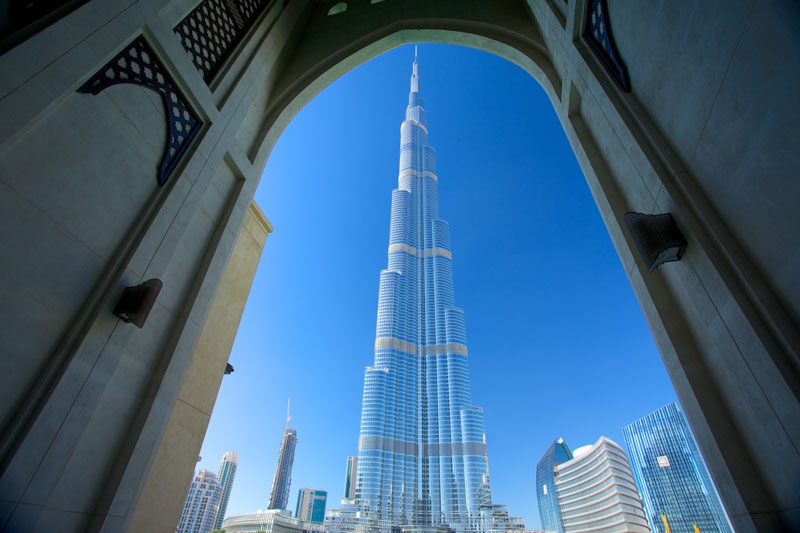
4. Ramadan is Taken Seriously
Religion is a part of everyday life in the Gulf and you’ll hear the call to prayer ringing out from minarets located throughout every city and suburb. While local regulations vary during Ramadan (June 18 – July 17, 2015), you can expect most shops and restaurants to be closed during daylight hours and a public ban on eating and drinking. Keep this in mind when planning your trip.
5. It’s a Late Night Culture
Due to the climate and desert heat, people in the Gulf prefer to socialise later at night when the temperature has dropped. Shops, restaurants and other services are open late, and it’s not uncommon to have dinner around 9pm or later.
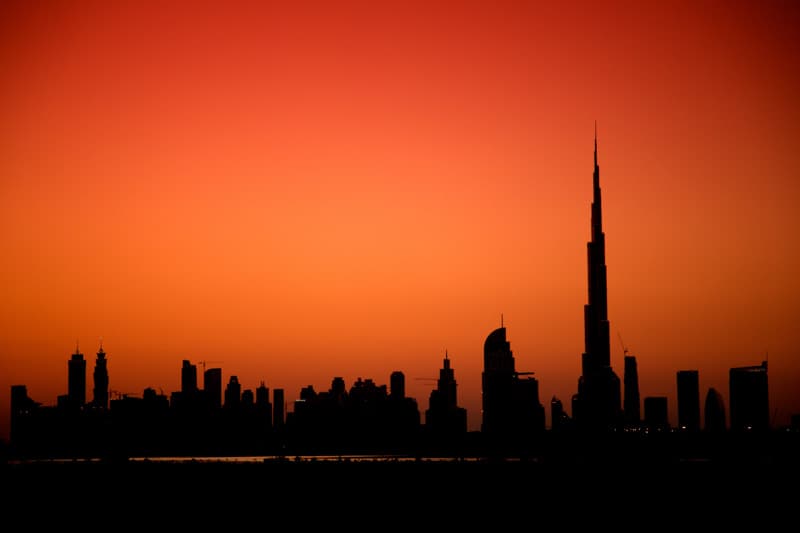
6. Family Matters
Family is important in the Gulf and local authorities go out of their way to ensure families have their own beaches, parks and even restaurant areas reserved for them. If you’re travelling to a region where you have extended family, rest assured you’ll be able to secure some prime positions on family-friendly beaches and in other recreational areas.
7. Punctuality is Uncertain
Some cultures are known for their strict adherence to timelines and schedules. The Gulf does not subscribe to this view and things tend to happen on their own, sometimes mysterious schedule. You’ll often hear the term inshallah (which translates as ‘God willing’) thrown into a sentence. A more literal translation might be ‘we’ll see’.
8. Sandstorms are a Real Thing
It doesn’t rain much in the Gulf. You might get a few days of rain in any given calendar year, but you can expect plenty of sandstorms. These creep in from the desert when the winds pick up and can cover an entire city in dust for up to three days. There’s nothing you can do about it but stay inside.
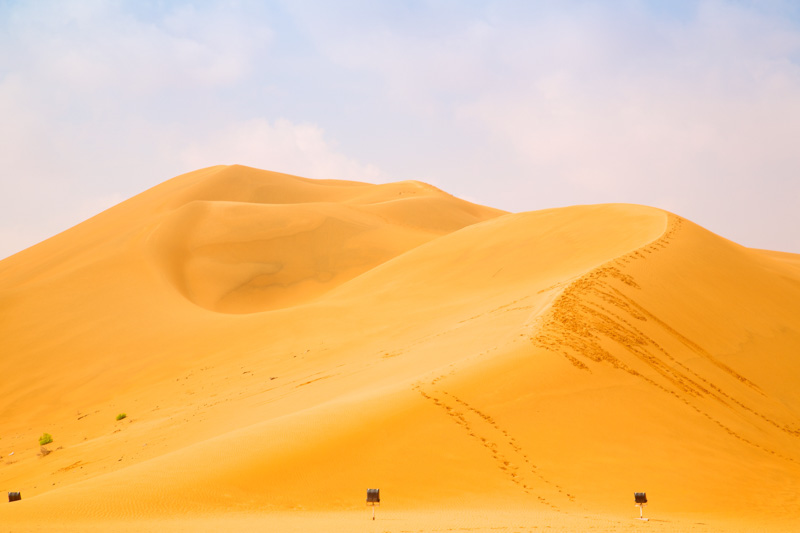
9. Street Addresses are Impossible
Unlike most places in the world, the Gulf doesn’t have proper street addresses. While this is slowly changing, for the past 50 years or so directions were defined by local landmarks, for example, ‘next to Burger King round-about, opposite the mattress shop’. For this reason, there’s no real mail service to speak of and parcels are usually delivered to hotels or offices.
10. Brunch is an All-day Affair
The Gulf takes its food seriously and this is especially true at brunch, which usually takes up the better half of the day. While Westerners tend to opt for the all-you-can-drink champagne brunches in fancy hotels, there are a variety of Muslim-friendly options that forgo the booze in favour of traditional Arabic food.